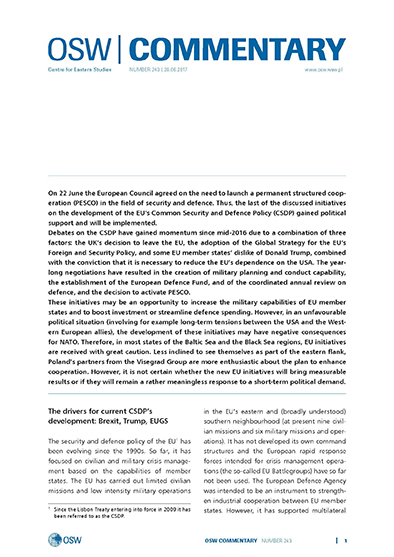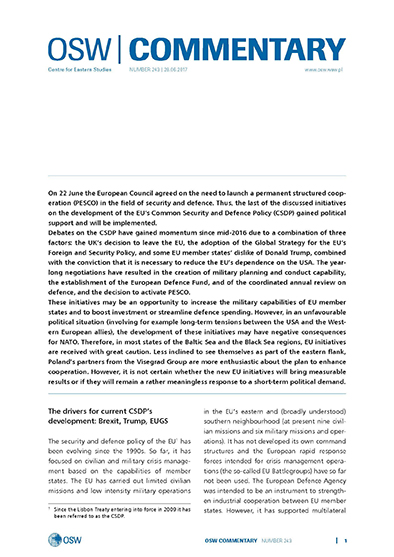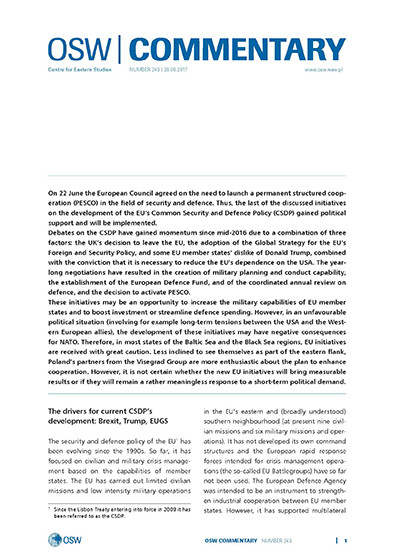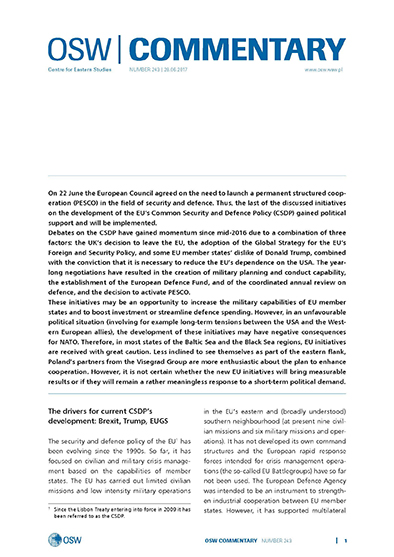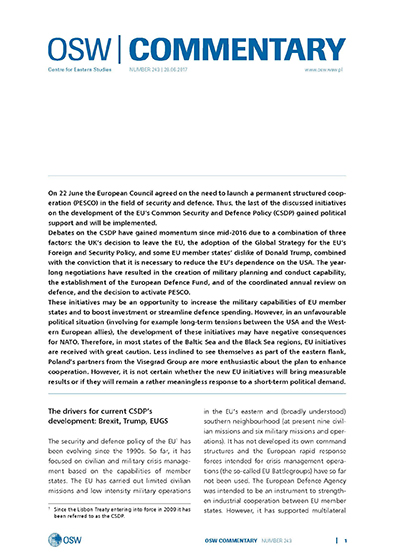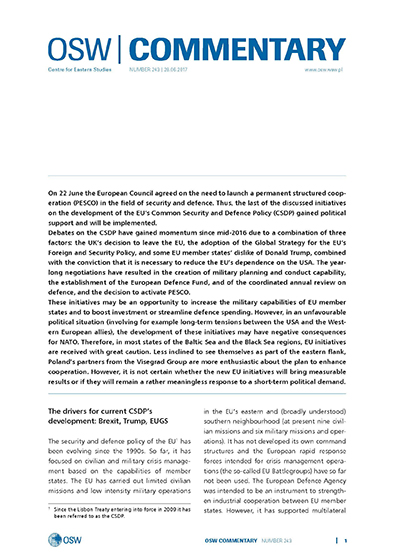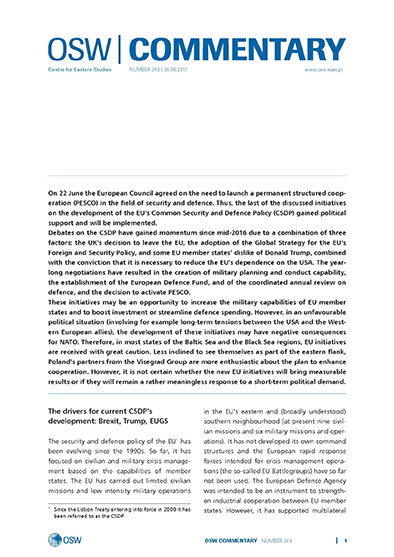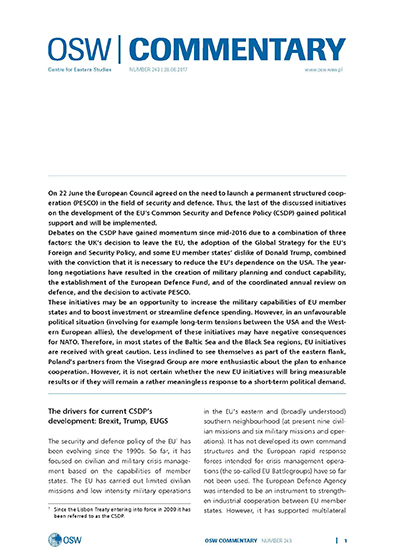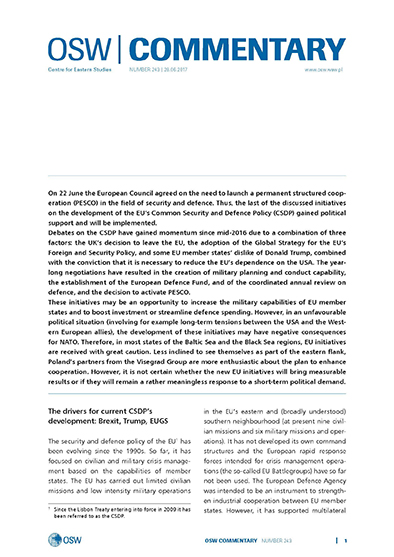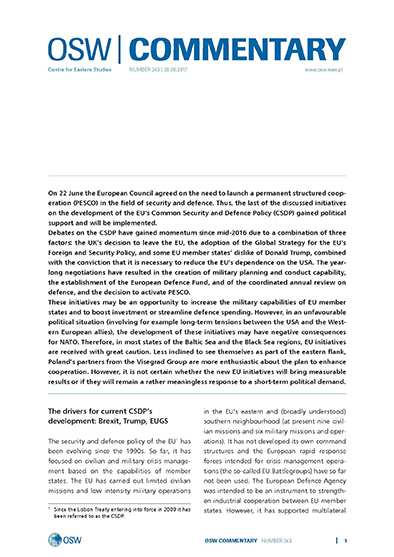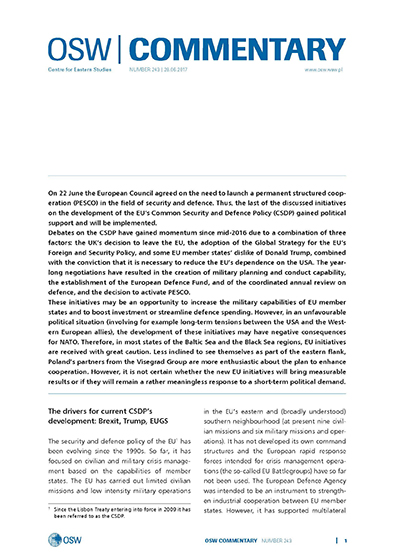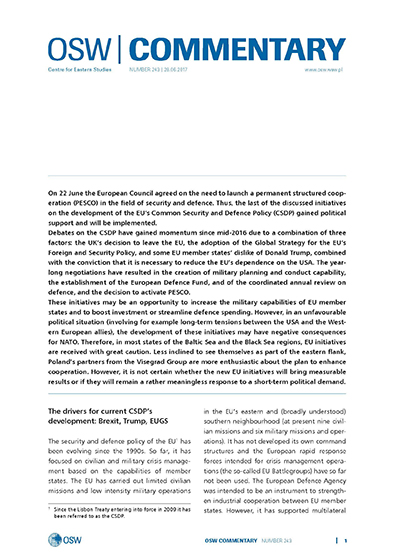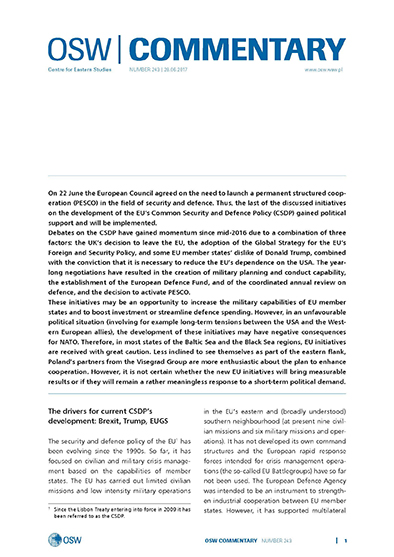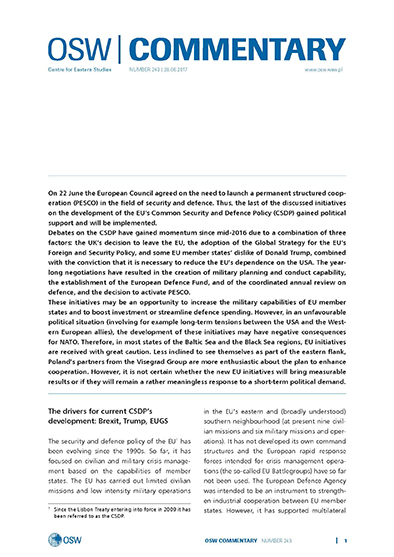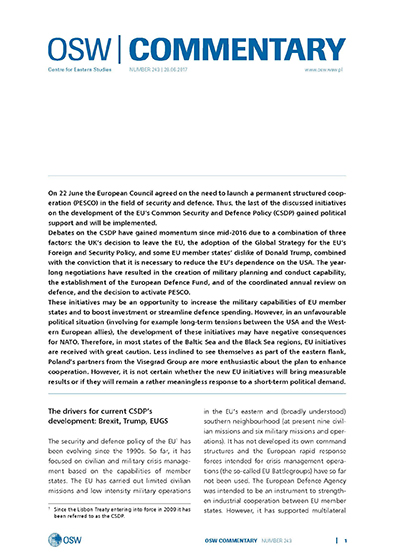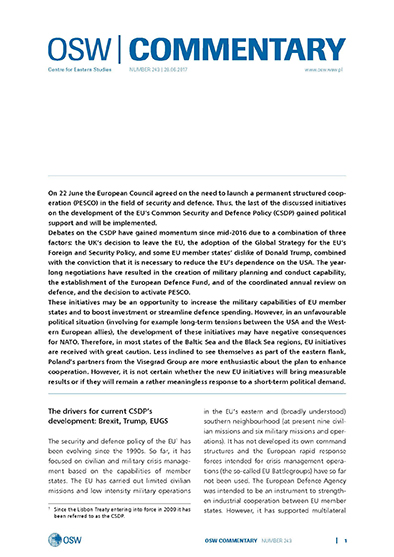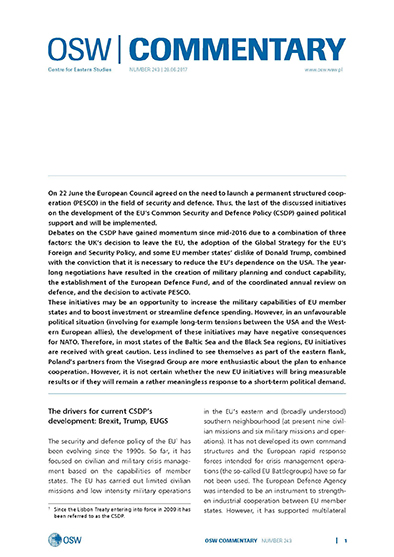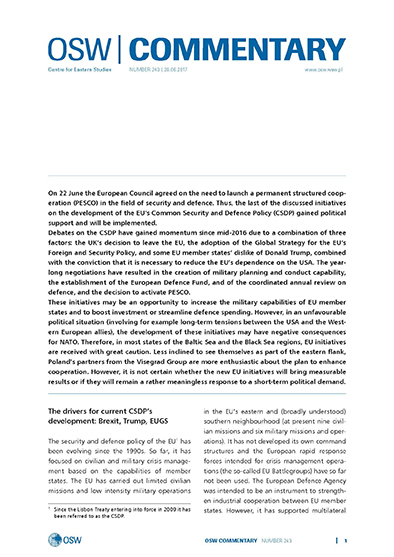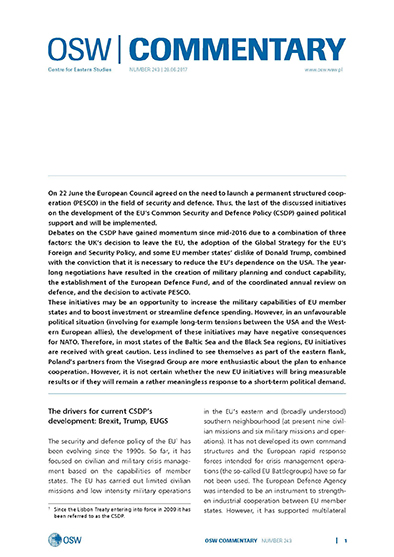
The eastern ‘partnership’ of gas. Gazprom and CNPC strike a deal on gas supplies to China
The CEOs of Gazprom and China’s CNPC signed a contract concerning Russian gas supplies to China on 21 May 2014 in Shanghai. The contract had been under negotiation for many years and was signed in the presence of the two countries’ presidents. Under this 30-year deal, ultimately 38 billion m3 of natural gas will be exported annually from eastern Siberian fields (Chayandinskoye and Kovyktinskoye) via the Power of Siberia pipeline planned for construction in 2015–2019. The lengthy negotiation process (initial talks regarding this issue began back in the 1990s), the circumstances surrounding the signing of the contract (it was signed only on the second day of Vladimir Putin’s visit to Shanghai, and the Russian president’s personal engagement in the final phase of the talks turned out to be a key element) and information concerning the provisions of the contract (the clause determining the contract price has not been revealed) all indicate that the terms of the compromise are more favourable for China than for Russia. This contract is at present important to Russia mainly for political reasons (it will use the future diversification of gas export routes as an instrument in negotiations with the EU). However, the impact of this instrument seems to be limited since supplies cannot be redirected from Europe to Asia. It is unclear whether the contract will bring the anticipated long-term economic benefits to Gazprom. The gas price is likely to remain at a level of between US$350 and US$390 per 1000 m3. Given the high costs of gas field operation and production and transport infrastructure development, this may mean that supplies will be carried out at the margin of profitability. The Shanghai contract does not conclude the negotiation process since a legally binding agreement on gas pipeline construction has not been signed and not all of the financial aspects of the project have been agreed upon as yet (such as the issue of possible Chinese prepayments for gas supplies).
More...
